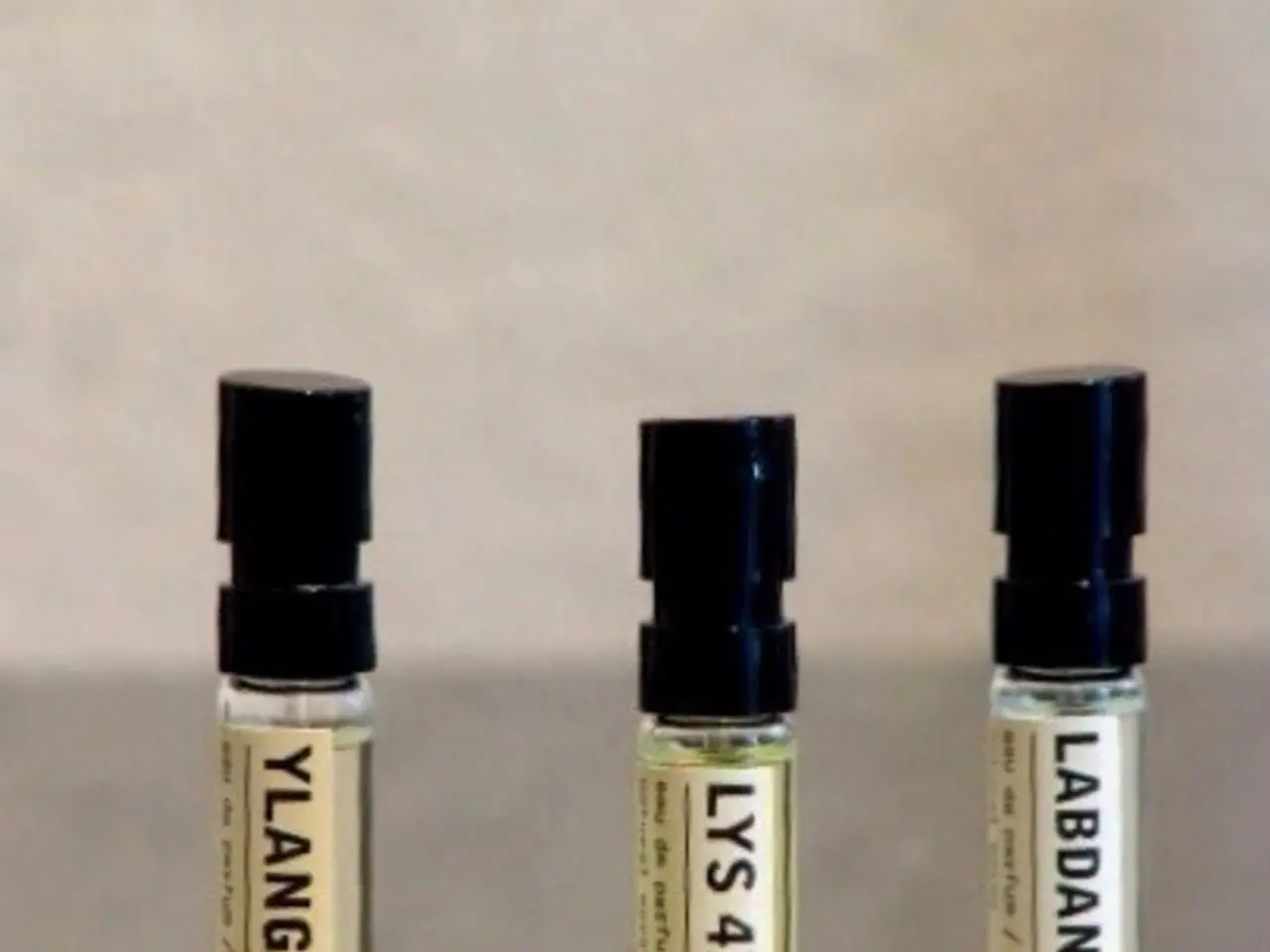The Questioned Health Implications of Aromatic Tampons and Sanitary Pads
In the realm of menstrual hygiene, the use of scented products has been a common practice for many. However, recent studies and scientific reviews have raised concerns about the potential health risks associated with these products.
Lactobacillus, a type of good bacteria that naturally resides in the vagina, plays a crucial role in protecting against infection and disease-causing organisms like bacterial vaginosis and yeast infections. The introduction of chemicals and fragrances found in scented menstrual products can disrupt the natural balance of bacteria and upset the pH levels of the vagina, potentially allowing harmful bacteria to grow[1].
Scented tampons and pads, along with other products like douches, have been marketed to manage menstrual bleeding and cover up odors. However, covering up vaginal odor with scented products can be dangerous, as it may mask signs of a problem[2]. The idea that the vagina is dirty and needs to be cleaned is not true, according to women's health specialist Sara Youngblood, CNP[6].
Moreover, scented menstrual products may contain endocrine-disrupting chemicals like phthalates, parabens, and phenols, which have been linked to cancer, birth defects, and hormonal disruptions[3]. Some period products, including scented ones, have been found to contain toxic substances such as PFAS (per- and polyfluoroalkyl substances), raising further safety concerns[3].
While some sources suggest that adverse effects from scented pads or tampons might mainly affect those already sensitive to fragrances, the overall consensus from recent scientific reviews and consumer watchdog findings highlights the potential for chemical exposures and vaginal flora imbalance caused by scented menstrual products[1][3][5].
In light of these findings, it is advised to choose unscented and non-toxic menstrual care to minimize health risks. When shopping for menstrual products, it's essential to avoid added chemicals like fragrance, chlorine, and titanium dioxide.
Alternatives to scented menstrual products include menstrual cups and period underwear, which are eco-friendly and wallet-friendly options. The acidity level of the vagina is crucial for maintaining its health, and the vagina itself is a self-cleaning organ that washes away its own cells and microorganisms, even during menstruation[2].
In conclusion, while the use of scented menstrual products may seem harmless, the potential health risks associated with these products, particularly for those sensitive to fragrances or with disrupted vaginal pH, cannot be ignored. Opting for unscented and non-toxic menstrual care can help reduce these risks and ensure a healthier menstrual experience.
References:
- Gunter, J. (2020). The truth about toxic shock syndrome. BMJ, 371, m3847.
- Youngblood, S. (2021). The vagina: Myths, facts, and everything in between. Indiana University Health.
- Environmental Working Group (2020). Period products: Chemical concerns and solutions.
- American College of Obstetricians and Gynecologists (2019). Menstrual products and reproductive health.
- Consumer Reports (2020). Menstrual products: What you need to know about toxic chemicals.
Scented menstrual products may contain harmful chemicals, such as endocrine-disruptors, posing potential health risks. A balanced vaginal ecosystem is essential for maintaining health, and scents can disrupt the natural balance. Therefore, choosing unscented and non-toxic menstrual care is recommended to minimize health risks.




